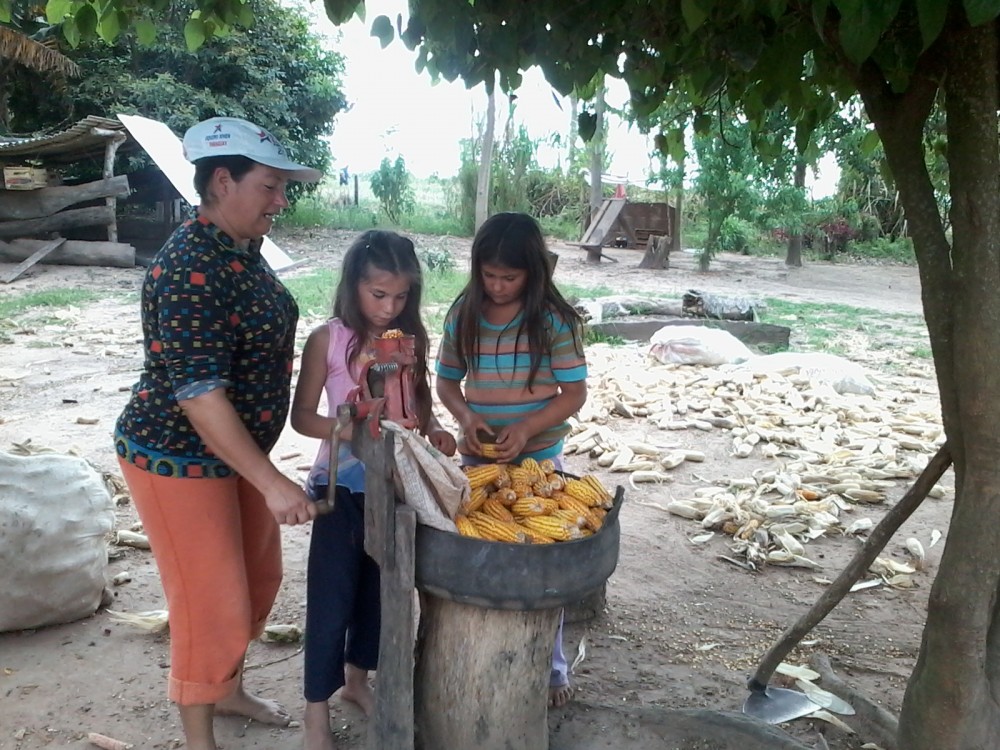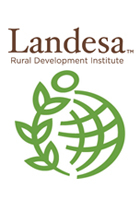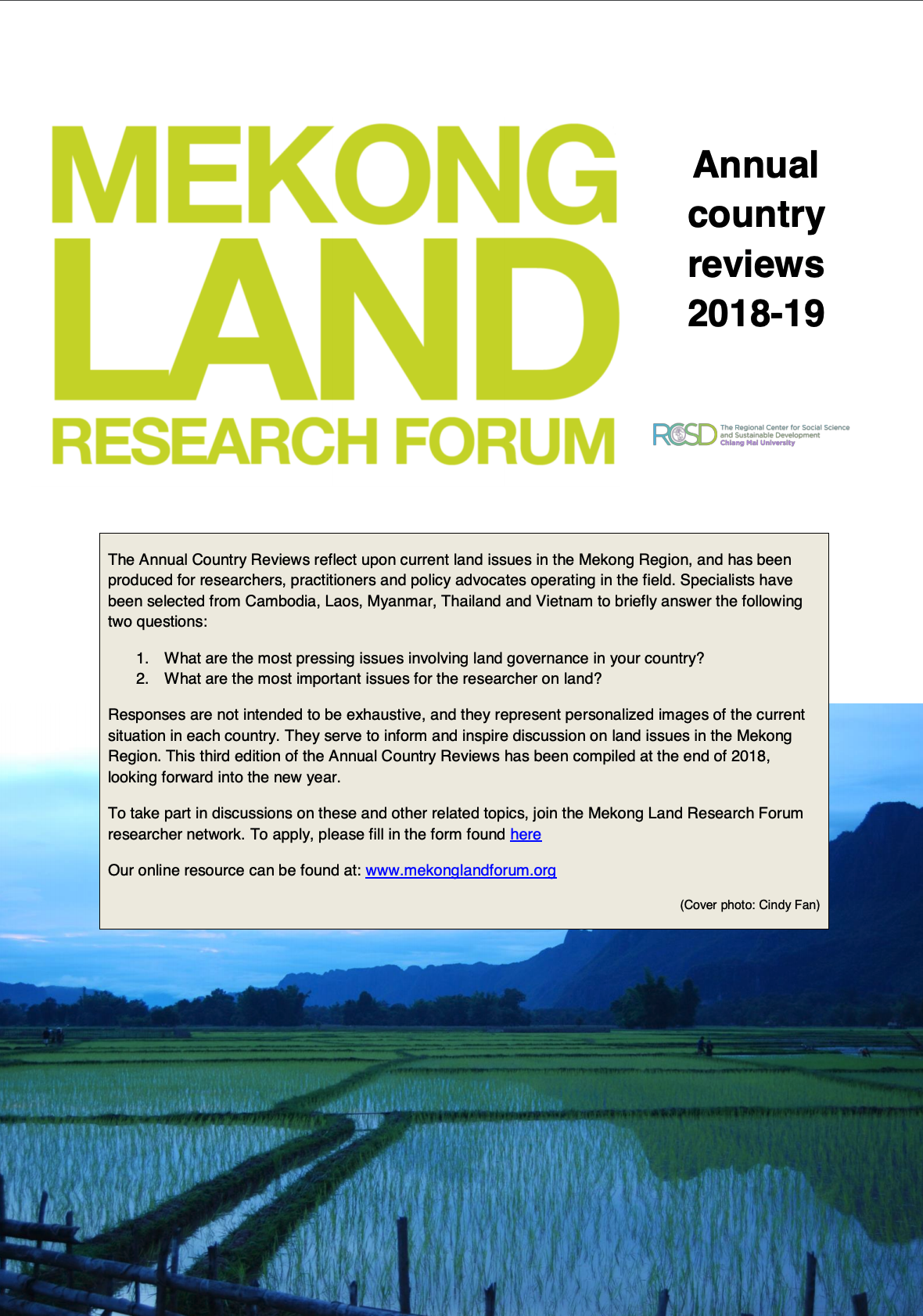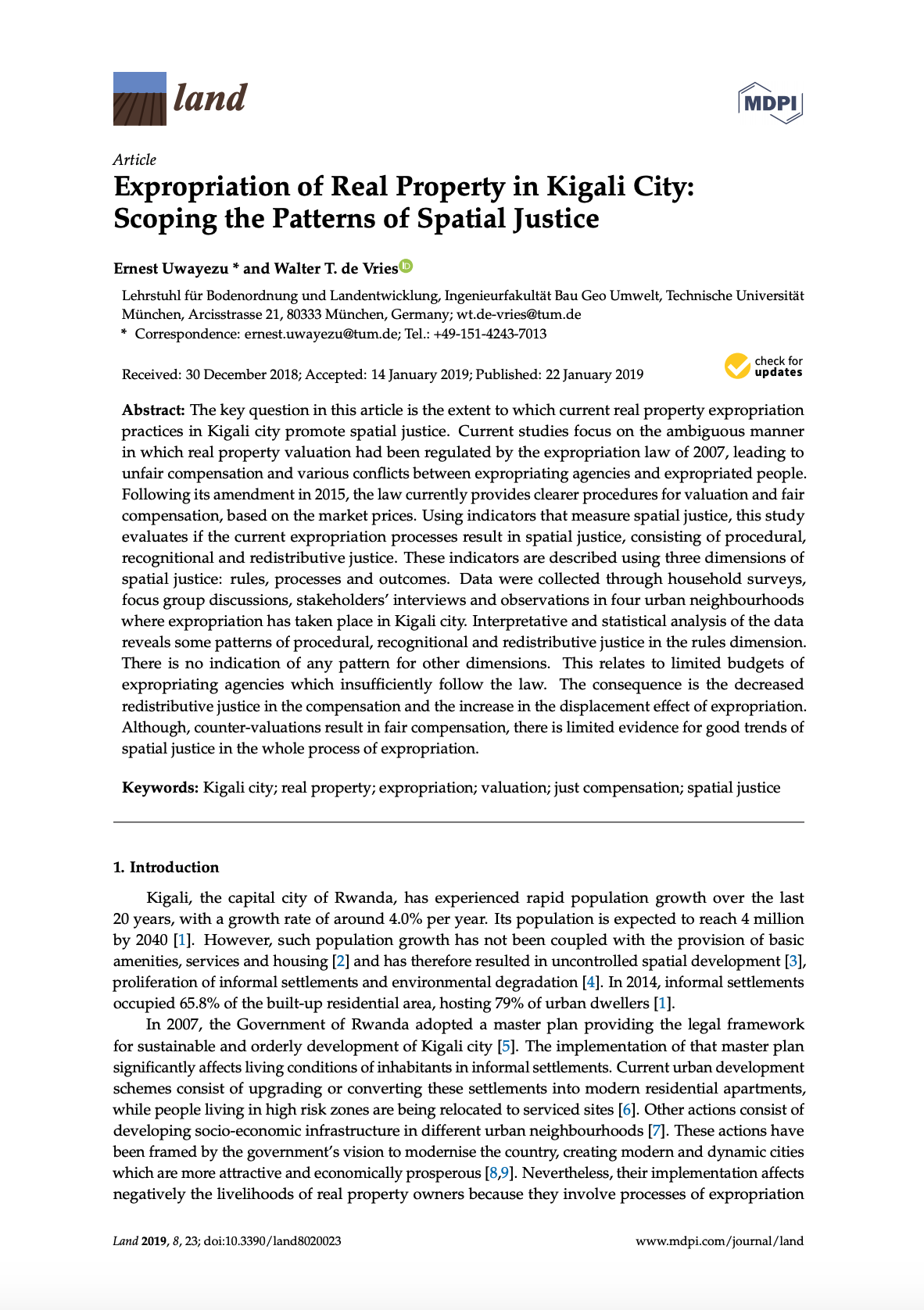Land Inequality or Productivity: What Mattered in Southern Vietnam after 1975?
Land redistribution and agricultural collective production were the key components of agrarian reforms implemented by the Vietnamese Communist Party in the south of the country after 1975. Land inequality was serious in the region under the Republic of Vietnam's regime. The new government struggled with agricultural collectivisation contributing to the decline in rice productivity. This study explains the persistence of a market-based agricultural production in the southern economy under the new political regime.






